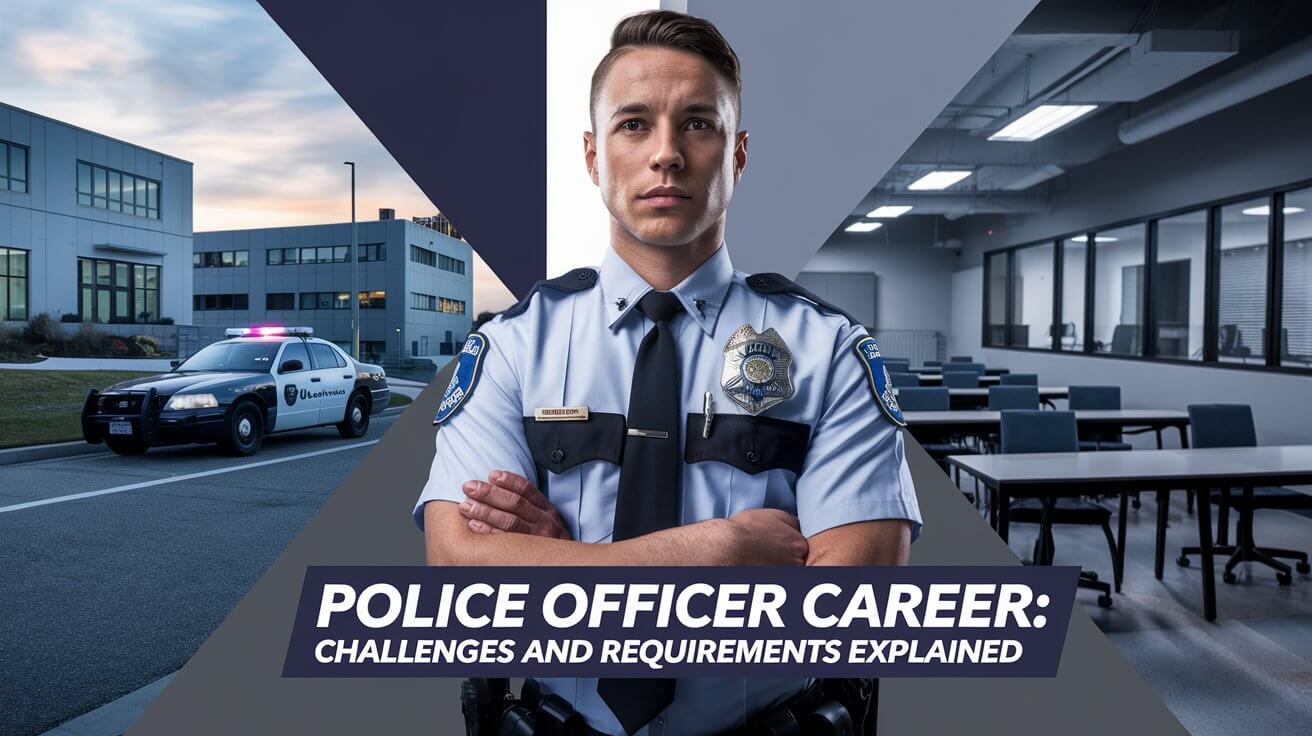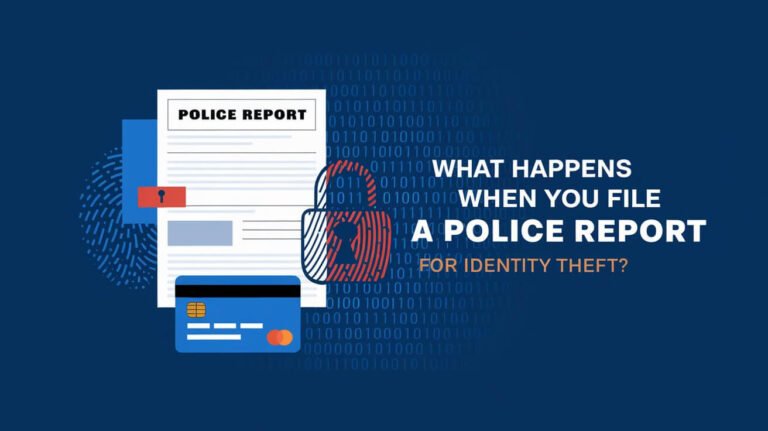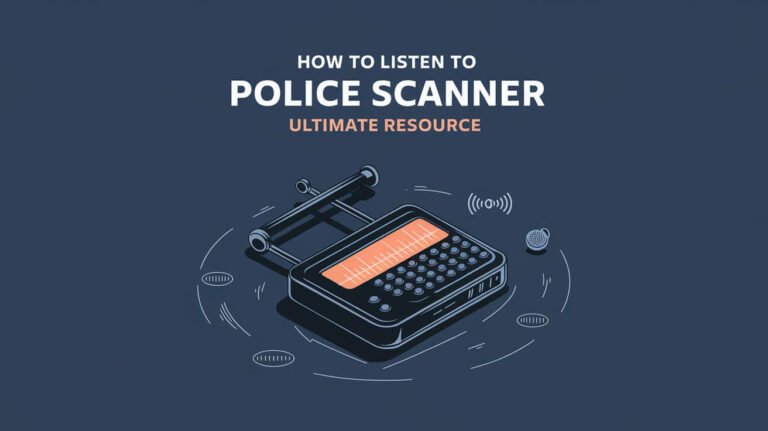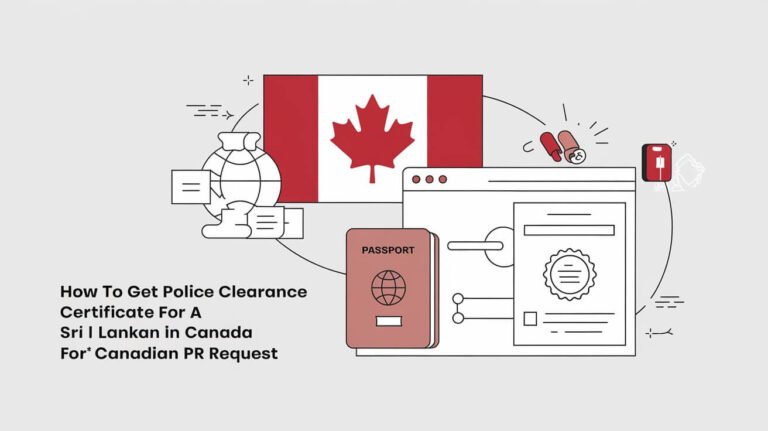Police Officer Career: Challenges and Requirements Explained

Dreaming of a police badge? Brace yourself. It’s no cakewalk. This job needs grit, sweat, and a sharp mind. From tough tests to hardcore training, you’ll face hurdles at every step. But if you’ve got the drive, you can make it.
Want the scoop on becoming a cop? We break it down here. Get the facts on what you need, how to apply, and what training looks like. Plus, learn about the daily grind of police work. Whether you’re set on this career or just curious, you’ll find answers here.
The Path to Becoming a Police Officer
Basic Requirements
Before you dive into police training, you need to meet some basic criteria:
- Age: Most departments require candidates to be at least 21 years old.
- Citizenship: U.S. citizenship is a must.
- Education: A high school diploma or GED is the minimum, but many departments prefer candidates with college experience.
- Driver’s License: A valid driver’s license is essential.
- Clean Record: A felony conviction is usually a deal-breaker.
These requirements might seem straightforward, but they narrow the field of eligible candidates significantly.
Educational Paths
While a high school diploma can get your foot in the door, more education can give you an edge:
- Associate’s Degree: A two-year degree in criminal justice can boost your chances.
- Bachelor’s Degree: A four-year degree is becoming increasingly common among officers.
- Military Experience: Many departments value military service highly.
Higher education not only makes you more competitive but can also lead to faster promotions down the line.
Physical Fitness Standards
Police work is physically demanding. Departments set strict fitness standards to ensure officers can handle the job’s physical aspects. Typical tests include:
- Running: Timed 1.5-mile run
- Strength: Push-ups and sit-ups
- Agility: Obstacle courses
Meeting these standards isn’t just about passing a one-time test. It’s about preparing for the physical demands of the job you’ll face every day.
The Application Process
Background Checks and Screenings
Police departments dig deep into candidates’ backgrounds. They’re looking for honest, reliable individuals to uphold the law. Expect thorough investigations into:
- Criminal history
- Financial records
- Drug use history
- Employment background
Even minor infractions from years ago can pose challenges. Honesty is crucial throughout this process.
Written Exams
Becoming a police officer isn’t just about physical prowess. You’ll need to prove your mental sharpness too. Written exams typically cover:
- Reading comprehension
- Writing skills
- Problem-solving abilities
- Basic math
These tests assess your ability to think critically and communicate effectively – key skills for any officer.
Interviews
Face-to-face interviews play a big role in the selection process. They give departments a chance to assess your:
- Communication skills
- Motivations for joining the force
- Ability to handle stress
- Decision-making skills
Be prepared to discuss why you want to be an officer and how you’d handle hypothetical situations on the job.
Police Academy Training
Academic Challenges
Police academy isn’t just about physical training. You’ll hit the books hard too. Expect to study:
- Criminal law
- Constitutional law
- Local ordinances
- Department procedures
It’s like cramming for a tough college exam, but with the added pressure of knowing this knowledge could save lives in the field.
Physical Demands
The physical side of academy training pushes candidates to their limits. You’ll face:
- Intense daily workouts
- Self-defense training
- Firearms training
- Emergency vehicle operation
Many candidates find this the toughest part of becoming an officer. It’s designed to weed out those who aren’t physically or mentally tough enough for the job.
Psychological Pressures
Police work comes with unique psychological challenges. Academy training aims to prepare candidates mentally through:
- Stress inoculation exercises
- Crisis intervention training
- Ethics and integrity courses
This training helps future officers develop the mental resilience needed to handle the toughest aspects of the job.
Field Training and Probationary Period
On-the-Job Learning
Graduating from the academy isn’t the end of your training. New officers typically go through several months of field training, where they:
- Work alongside experienced officers
- Learn department-specific procedures
- Gain hands-on experience handling calls
This period bridges the gap between classroom learning and real-world policing.
Performance Evaluations
During field training and probation, new officers face constant evaluation. Supervisors assess:
- Decision-making skills
- Ability to apply academy training
- Interactions with the public
- Adherence to department policies
These evaluations determine whether a new officer is cut out for the job long-term.
Ongoing Challenges in a Police Career
Continuing Education
The learning never stops for police officers. Throughout their careers, they must:
- Stay up-to-date on changing laws
- Learn new technologies
- Undergo regular training on topics like de-escalation and cultural sensitivity
This ongoing education ensures officers can adapt to the evolving demands of modern policing.
Staying Physically Fit
The physical demands of police work don’t end after the academy. Officers must maintain their fitness throughout their careers to:
- Handle the physical aspects of the job
- Pass regular fitness tests
- Reduce the risk of injury
Many departments offer gym facilities or fitness programs to help officers stay in shape.
Mental Health Considerations
Police work exposes officers to high-stress situations daily. Maintaining mental health is crucial. Officers often deal with:
- Post-traumatic stress
- Depression
- Anxiety
Departments increasingly recognize the importance of mental health support for their officers.
State-Specific Requirements
Variations in Age and Education
Requirements to become a police officer can vary significantly by state. For example:
- Some states allow candidates as young as 18
- Others require a certain number of college credits
- A few states mandate a bachelor’s degree for all officers
Research your state’s specific requirements before starting the application process.
Licensing and Certification
Most states require officers to be licensed or certified. This often involves:
- Passing a state-specific exam
- Meeting ongoing training requirements
- Adhering to ethical standards
These requirements ensure all officers in a state meet minimum standards of competence and conduct.
Career Advancement Opportunities
Specialized Units
Experienced officers can pursue roles in specialized units like:
- SWAT teams
- K-9 units
- Detective bureaus
- Community relations
These positions often require additional training and qualifications.
Leadership Positions
For those aiming for the top, police departments offer various leadership roles:
- Sergeant
- Lieutenant
- Captain
- Chief of Police
Advancing to these positions usually requires a combination of experience, education, and proven leadership skills.
The Rewards of Becoming a Police Officer
Job Stability
Despite its challenges, police work offers several benefits:
- Steady employment
- Good benefits
- Pension plans
In uncertain economic times, the stability of a police career can be very appealing.
Community Impact
Many officers find their work deeply rewarding. They have the opportunity to:
- Help people in their community
- Make a positive difference in others’ lives
- Contribute to public safety
For those drawn to public service, few careers offer such direct community impact.
Common Hurdles and How to Overcome Them
Competitive Job Market
Landing a police officer job can be tough. To stand out:
- Pursue higher education
- Gain relevant experience through volunteer work or internships
- Stay physically fit
- Develop strong interpersonal skills
Remember, persistence often pays off in this competitive field.
Rigorous Training
The demands of police academy catch many candidates off guard. To prepare:
- Start a fitness routine well before applying
- Study topics like criminal justice and law
- Work on stress management techniques
Mental and physical preparation can make a big difference in your success.
Is Becoming a Police Officer Right for You?
Self-Assessment
Before embarking on this challenging career path, ask yourself:
- Can you handle high-stress situations?
- Are you comfortable with the risks involved?
- Do you have a strong sense of ethics?
- Are you physically fit and willing to stay that way?
Honest self-reflection can help you decide if this career aligns with your strengths and goals.
Long-Term Career Outlook
Consider the long-term prospects of a police career:
- Job growth projections
- Advancement opportunities
- Impact of technology on policing
- Evolving public perceptions of law enforcement
Understanding these factors can help you make an informed decision about your future in law enforcement.
Becoming a police officer is challenging. It requires physical strength, mental toughness, and dedication. Candidates face rigorous background checks and intense academy training. Those who persevere can serve and protect their communities.
While the path is difficult, it’s far from impossible. With the right preparation, mindset, and commitment, aspiring officers can overcome the hurdles and join the ranks of law enforcement. The key lies in understanding the challenges ahead and preparing accordingly.
Remember, the difficulty of becoming a police officer serves a purpose. It ensures that those who wear the badge are truly ready for the immense responsibilities that come with it. If you’re up for the challenge, a rewarding career in law enforcement might just be waiting for you.






